Some common positions people with a master’s in reading and literacy degree hold include instruction coordinator, reading specialist, library or media specialist, resource teacher, and special education coordinator. This degree may also be a good fit for those looking to move into school administration.
Often, you make more in positions that require an advanced degree. English as a second language (ESL) teachers make an average of $60,560 per year, per the Bureau of Labor Statistics (BLS). The BLS also has earnings information on other positions related to this type of degree, such as:
- Library and media specialist: $64,370 per year
- Instructional Coordinator: $74,620 per year
- Special education teacher: $65,910 per year
The average cost of a master’s degree program in 2021 was around $19,750, according to the National Center for Education Standards. Individuals who spend the two years on average it takes to get this graduate degree are prepared to enter a variety of positions or seek promotion within an existing career.
Why Trust Us
The Intelligent.com Higher Education Team is dedicated to providing students with independent, equitable school and program rankings and well-researched resources. Our expert-driven articles cover topics related to online colleges and programs, paying for school, and career outlooks. We use data from the U.S. Department of Education’s College Scorecard, the National Center for Education Statistics, and other reputable educational and professional organizations. Our academic advisory team reviews content and verifies accuracy throughout the year for the most current information. Partnerships do not influence rankings or editorial decisions.
- Analyzed over 2,000 national, accredited, and nonprofit colleges and universities
- 800+ rankings pages are reviewed and updated yearly
- Content is informed by reputable sources, surveys, and interviews with academic advisors and other experts
- Over 100 data points are reviewed for accuracy and quality throughout the year, including sources
How we rank schools
Our list features the best Master’s in Reading and Literacy degree programs at top colleges nationwide. Each school featured is a nonprofit, accredited institution — either public or private — with a high standard of academic quality for post-secondary institutions.
We evaluated each school’s program on tuition costs, admission, retention and graduation rates, faculty, reputation, and the student resources provided for online students. We collected data from trusted sources like the National Center for Education Statistics, individual school and program websites, school admissions counselors, and other data sources. Then, we calculated the Intelligent Score on a scale of 0 to 100 based on the following criterion:
Academic Quality:
- Admission rate versus enrollment rate
- Retention rate of students who return after year one
- Accreditation status (regional and programmatic)
- Nonprofit status, both private and public institutions
Graduation Rate
- Overall graduation rate
- Total number of currently enrolled students, including diversity metrics
- Student-to-faculty ratio
Cost and ROI
- In-state and out-of-state per-credit tuition rates and fees
- Required credits to graduate
- Earning potential after graduation
- Availability of federal student loans, scholarships, and other financial aid options
Student Resources
- Available student services for online-only and hybrid programs
- On-campus amenities like tutoring centers and the number of libraries
Read more about our ranking methodology.
Best 26 Accredited Master’s in Reading and Literacy Degree Programs
FiltersInstitution Type
Status
- Intelligent Score
- Alphabetically By University Name
- Acceptance Rate
- Enrollment
- In-state Graduate Tuition
- Out-of-state Graduate Tuition
- In-state Undergraduate Tuition
- Out-of-state Undergraduate Tuition
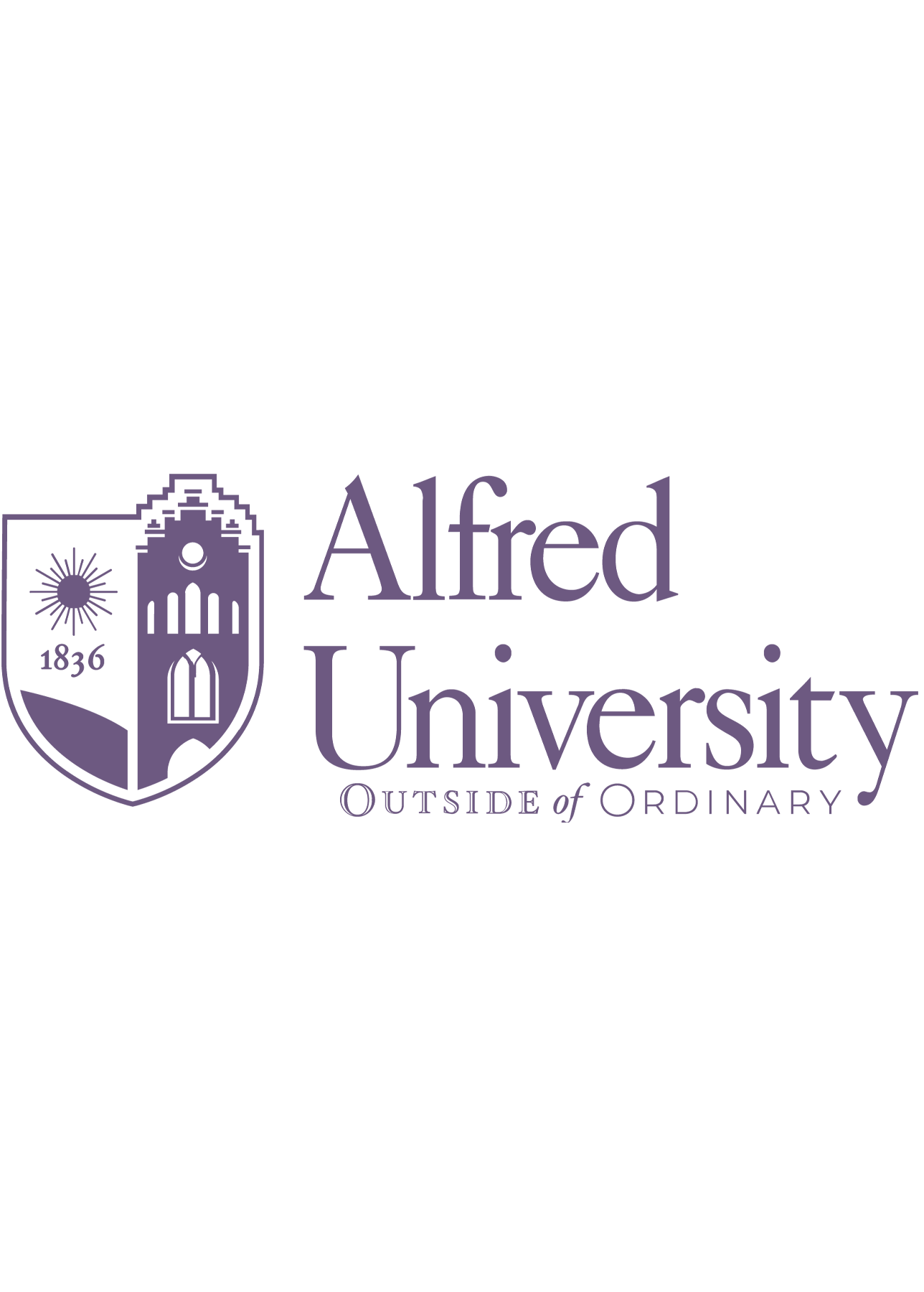
Alfred University
Intelligent Score: 99.88In-state: $31,396
Out-of-state: $35,076
In-state: $23,583
Out-of-state: $23,583
SAT: 970-1200
ACT: 21-27
$672
On-Campus
Council for the Accreditation of Educator Preparation
30

CUNY Queens College
Intelligent Score: 99.25In-state: $6,930
Out-of-state: $14,880
In-state: $11,090
Out-of-state: $11,090
SAT: 1170-1340
ACT: 25-31
In-State: $470
Out-of-State: $855
On-Campus
Council for the Accreditation of Educator Preparation
30

CUNY Lehman College
Intelligent Score: 96.8In-state: $23,915
Out-of-state: $31,865
In-state: $27,595
Out-of-state: $27,595
SAT: 960-1080
ACT: 18-21
Resident: $470
Non-Resident: $855
On-Campus
Council for the Accreditation of Educator Preparation
36
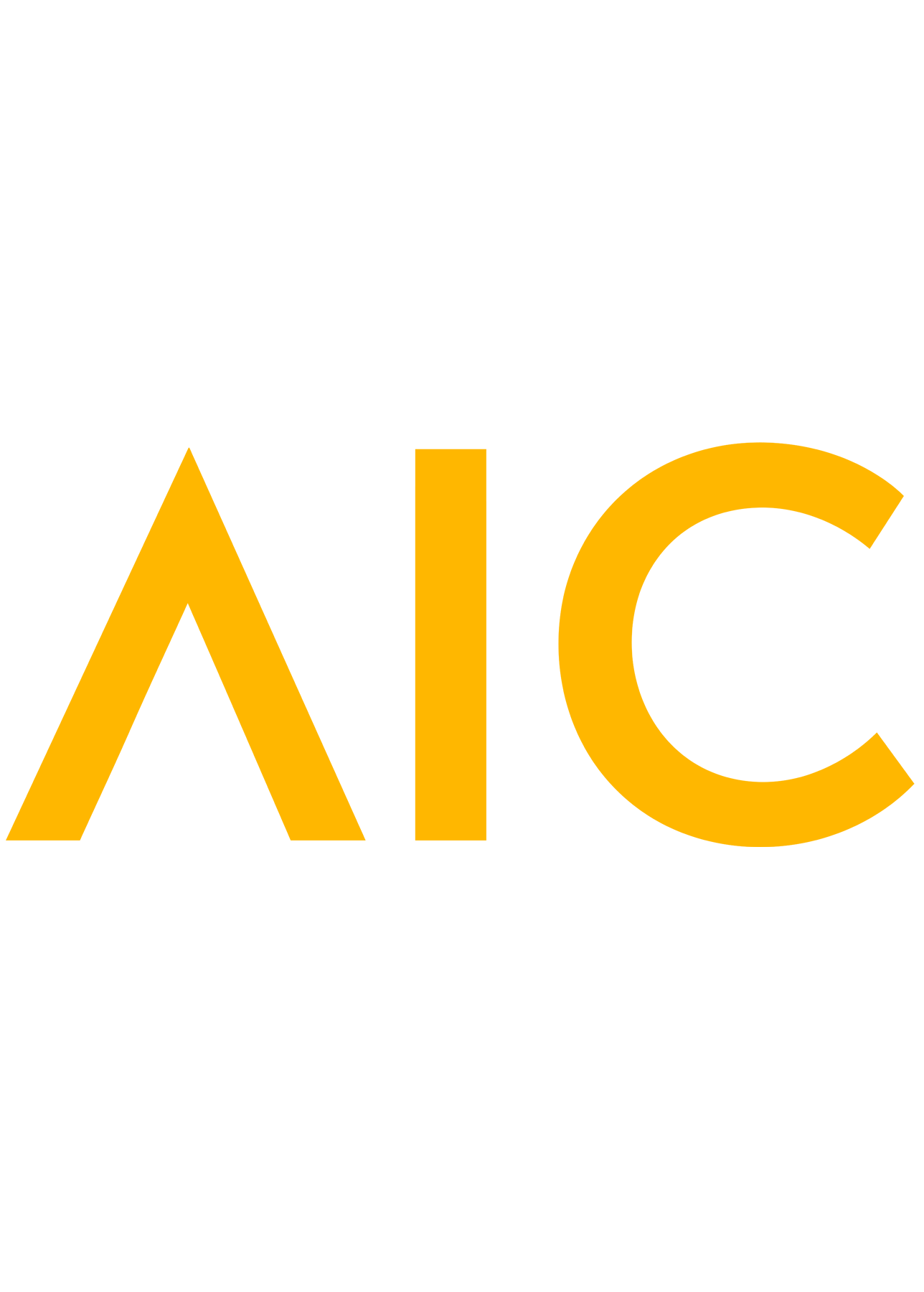
American International College
Intelligent Score: 96.21In-state: $38,220
Out-of-state: $38,220
In-state: $12,657
Out-of-state: $12,657
SAT: 890-1100
ACT: 22-29
$500
On-Campus
New England Commission of Higher Education
30
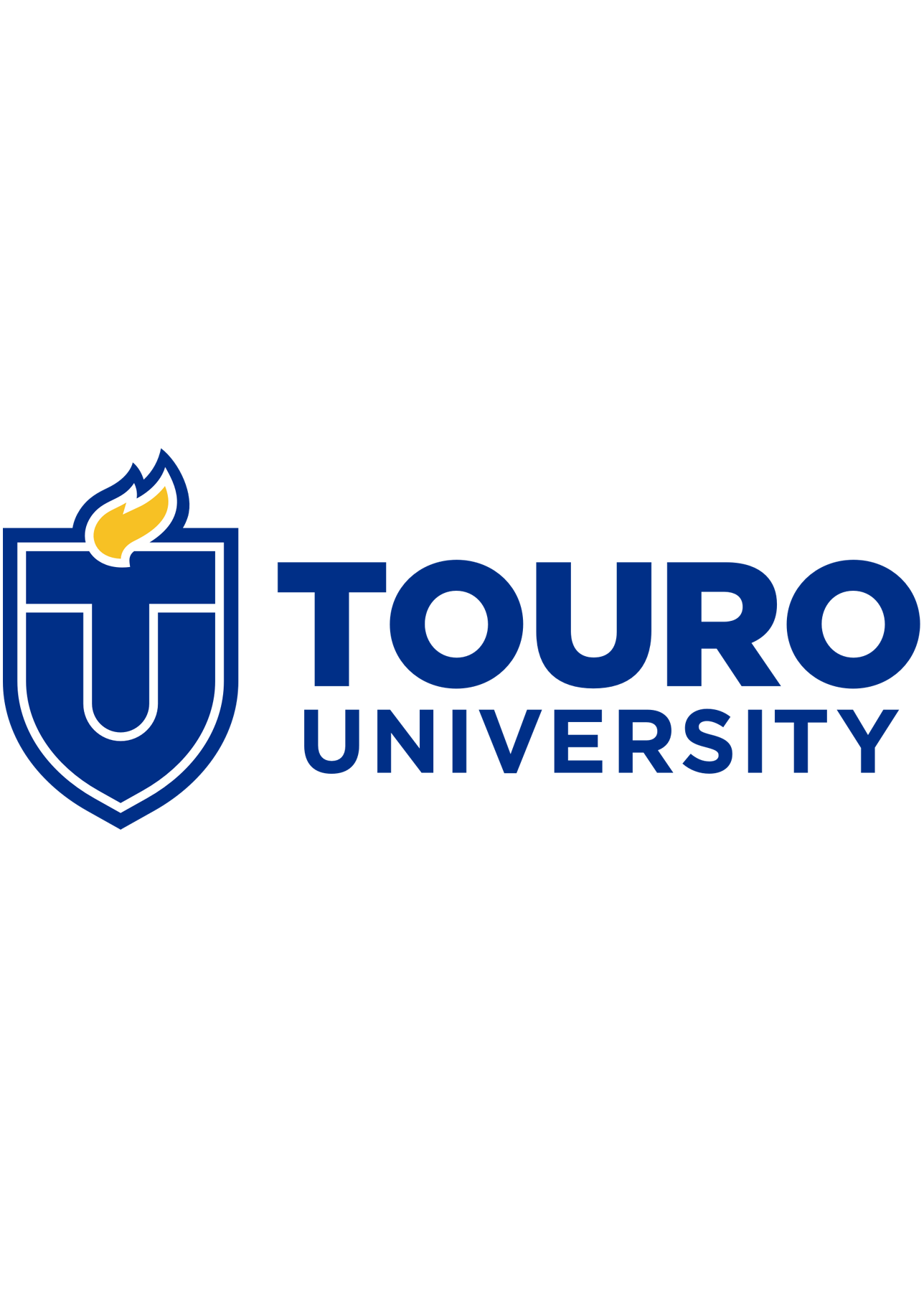
Touro University
Intelligent Score: 92.3In-state: $18,283
Out-of-state: $18,283
In-state: $12,618
Out-of-state: $12,618
SAT: N/A
ACT: N/A
$670
On-Campus, Online
Council for the Accreditation of Educator Preparation
36
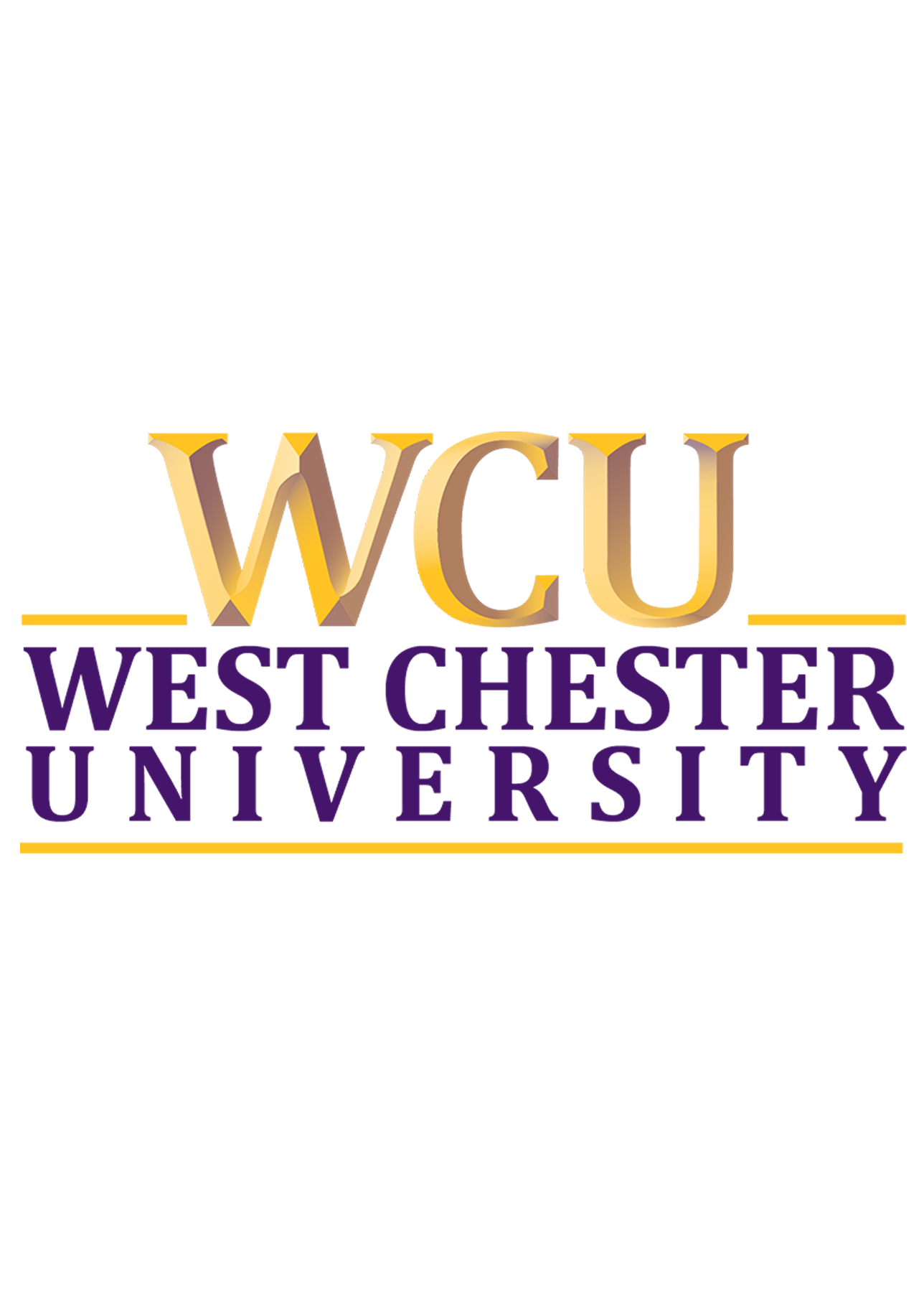
West Chester University of Pennsylvania
Intelligent Score: 91.55In-state: $7,716
Out-of-state: $19,290
In-state: $9,288
Out-of-state: $9,288
SAT: 1010-1180
ACT: 20-26
In-State: $516
Out-of-State: $774
On-Campus
International Literacy Association
36
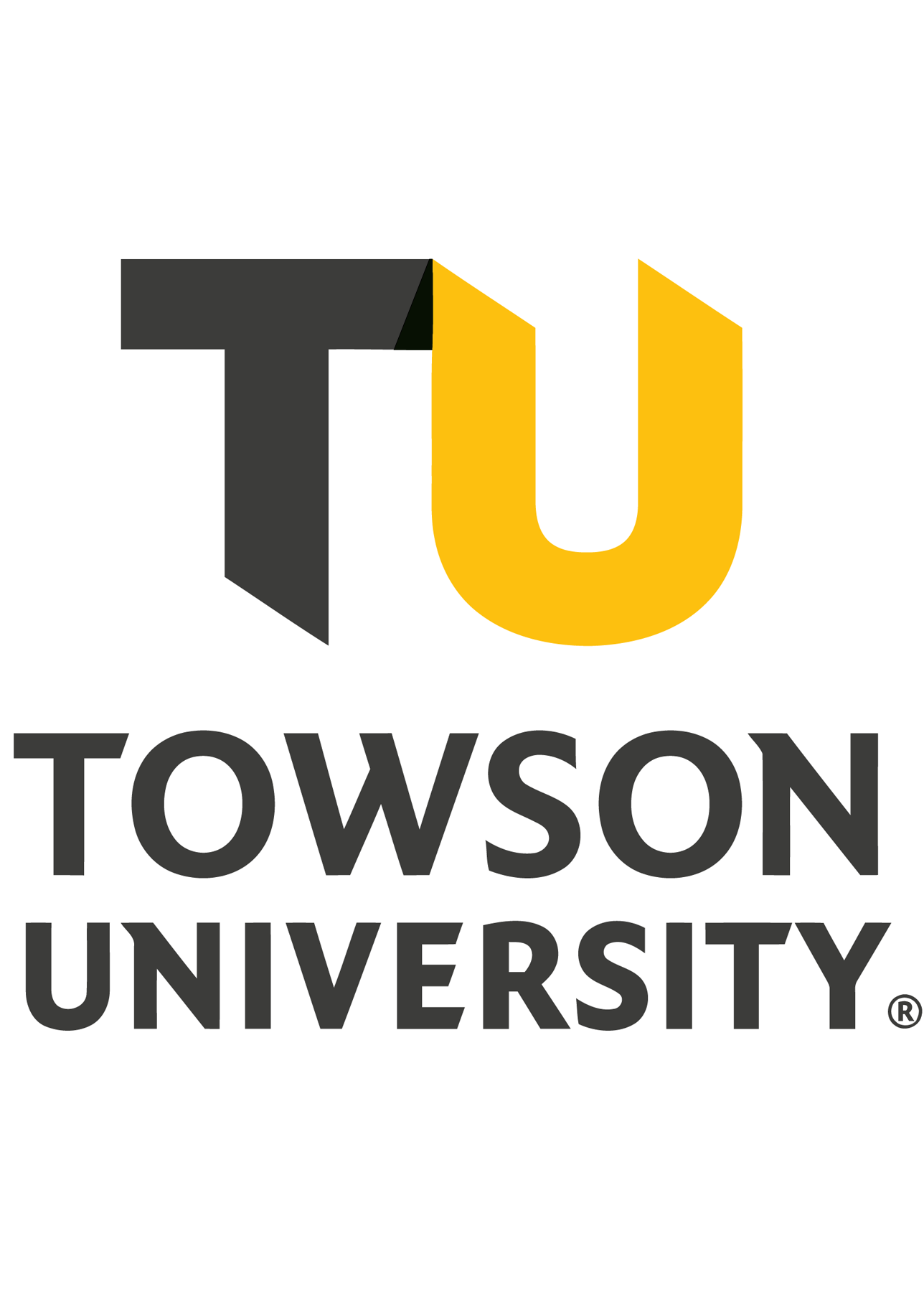
Towson University
Intelligent Score: 90.82In-state: $6,962
Out-of-state: $21,098
In-state: $7,902
Out-of-state: $7,902
SAT: 1040-1200
ACT: 20-25
In-State: $506
Out-of-State: $1,047
On-Campus
Council for the Accreditation of Educator Preparation
36
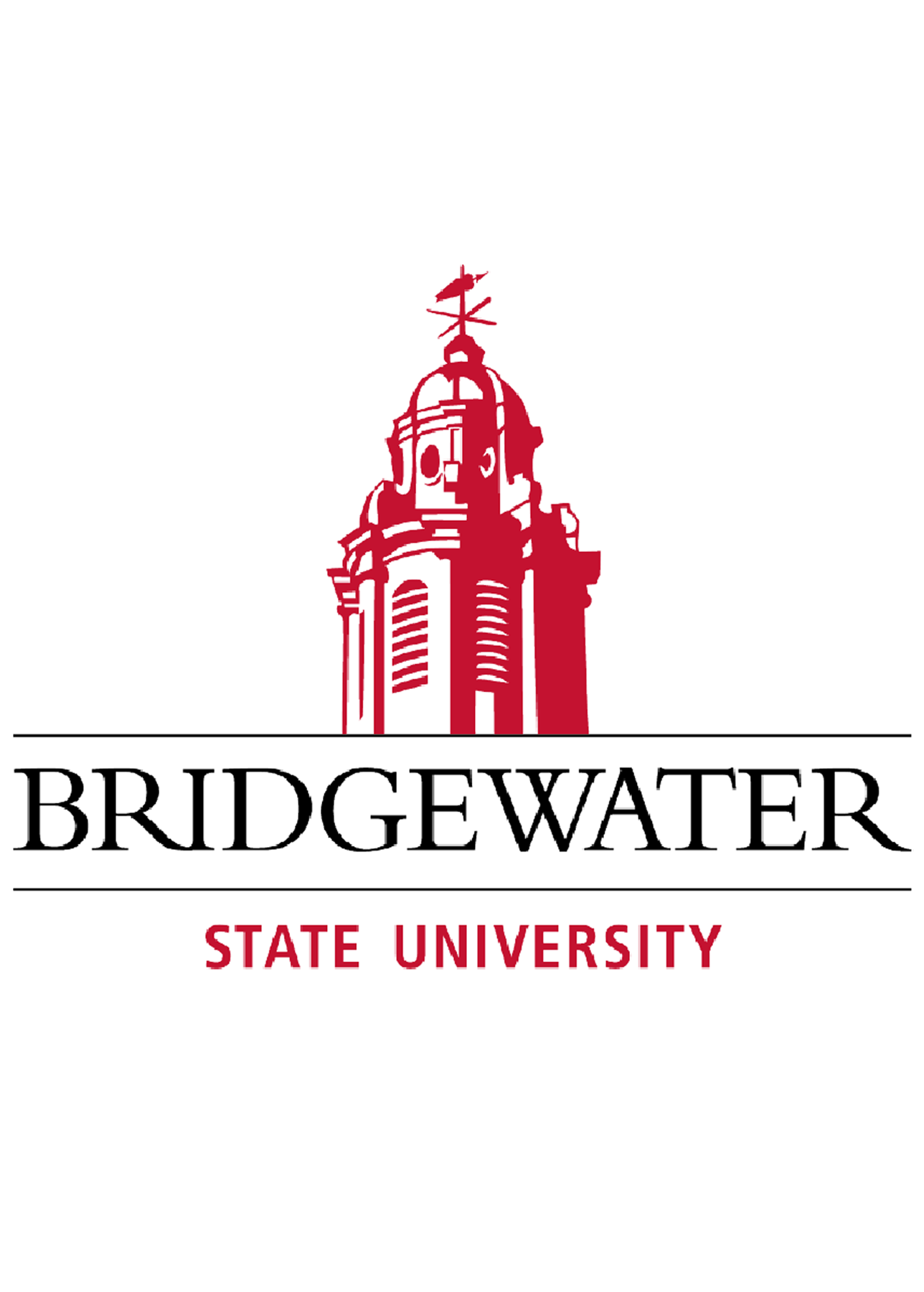
Bridgewater State University
Intelligent Score: 90.70In-state: $910
Out-of-state: $7,050
In-state: $1,675
Out-of-state: $1,675
SAT: 950-1140
ACT: 19-26
Resident: $70
Non-Resident: $294
On-Campus, Online, Hybrid
Council for the Accreditation of Educator Preparation
30

SUNY Old Westbury
Intelligent Score: 90.22In-state: $7,070
Out-of-state: $16,980
In-state: $11,310
Out-of-state: $11,310
SAT: 860-1060
ACT: N/A
In-State: $471
Out-of-State: $963
On-Campus
Association for Advancing Quality in Educator Preparation
30-39
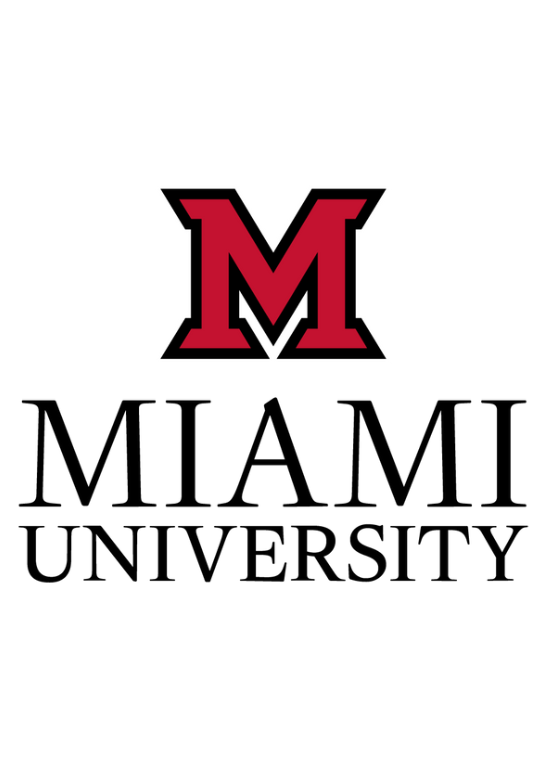
Miami University, Oxford
Intelligent Score: 88.62In-state: $12,637
Out-of-state: $32,464
In-state: $12,554
Out-of-state: $12,554
SAT: 1160-1370
ACT: 24-30
Resident: $580
Non-Resident: $1,417
Hybrid
Higher Learning Commission
31
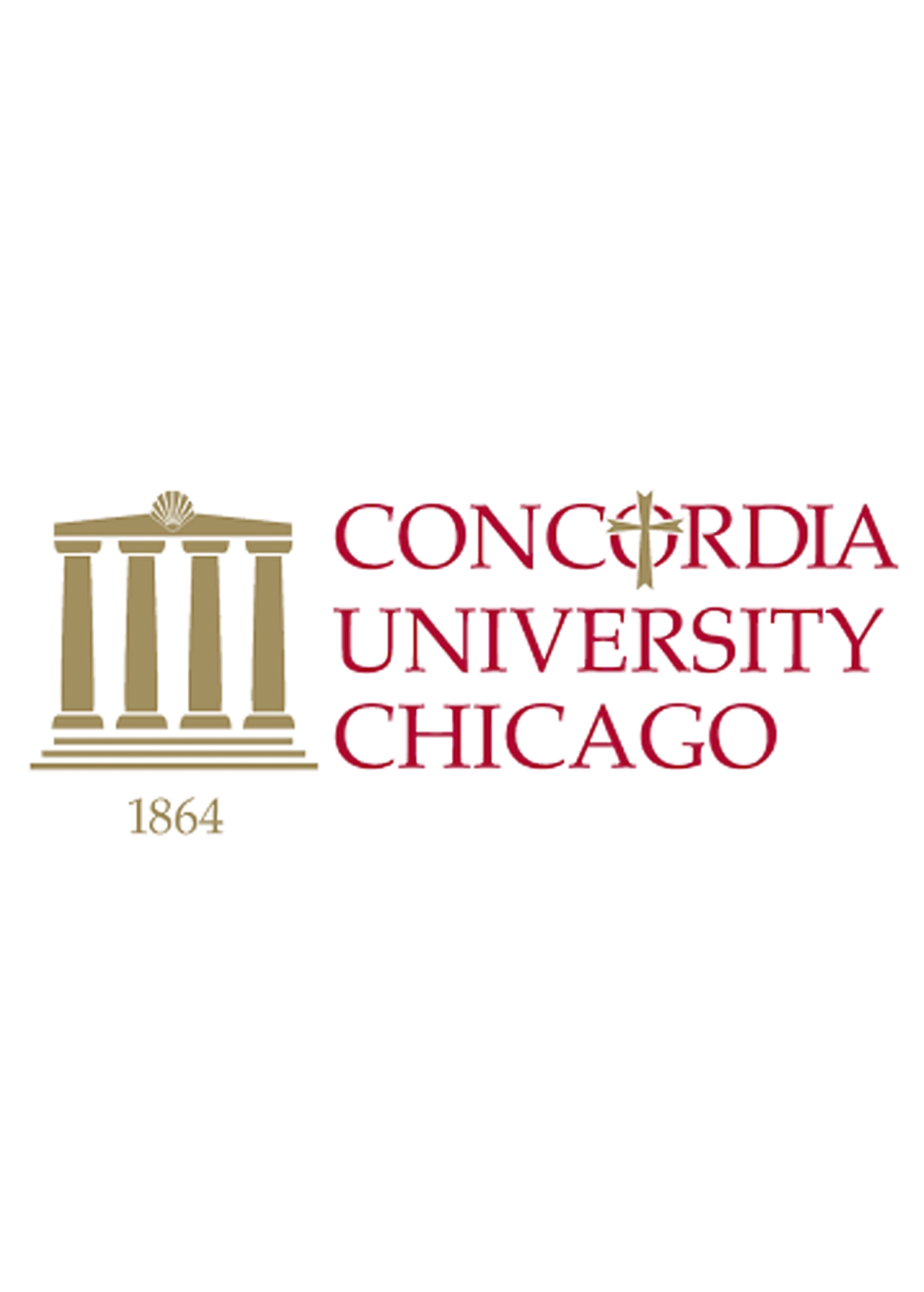
Concordia University Chicago
Intelligent Score: 88.48In-state: $32,660
Out-of-state: $32,660
In-state: $9,090
Out-of-state: $9,090
SAT: 990-1180
ACT: 19-25
$505
On-Campus, Online
Council for the Accreditation of Educator Preparation
30

CUNY Hunter College
Intelligent Score: 86.54In-state: $6,930
Out-of-state: $14,880
In-state: $11,090
Out-of-state: $11,090
SAT: 1170-1340
ACT: 25-31
Resident: $470
Non-Resident: $855
On-Campus
Council for the Accreditation of Educator Preparation
31
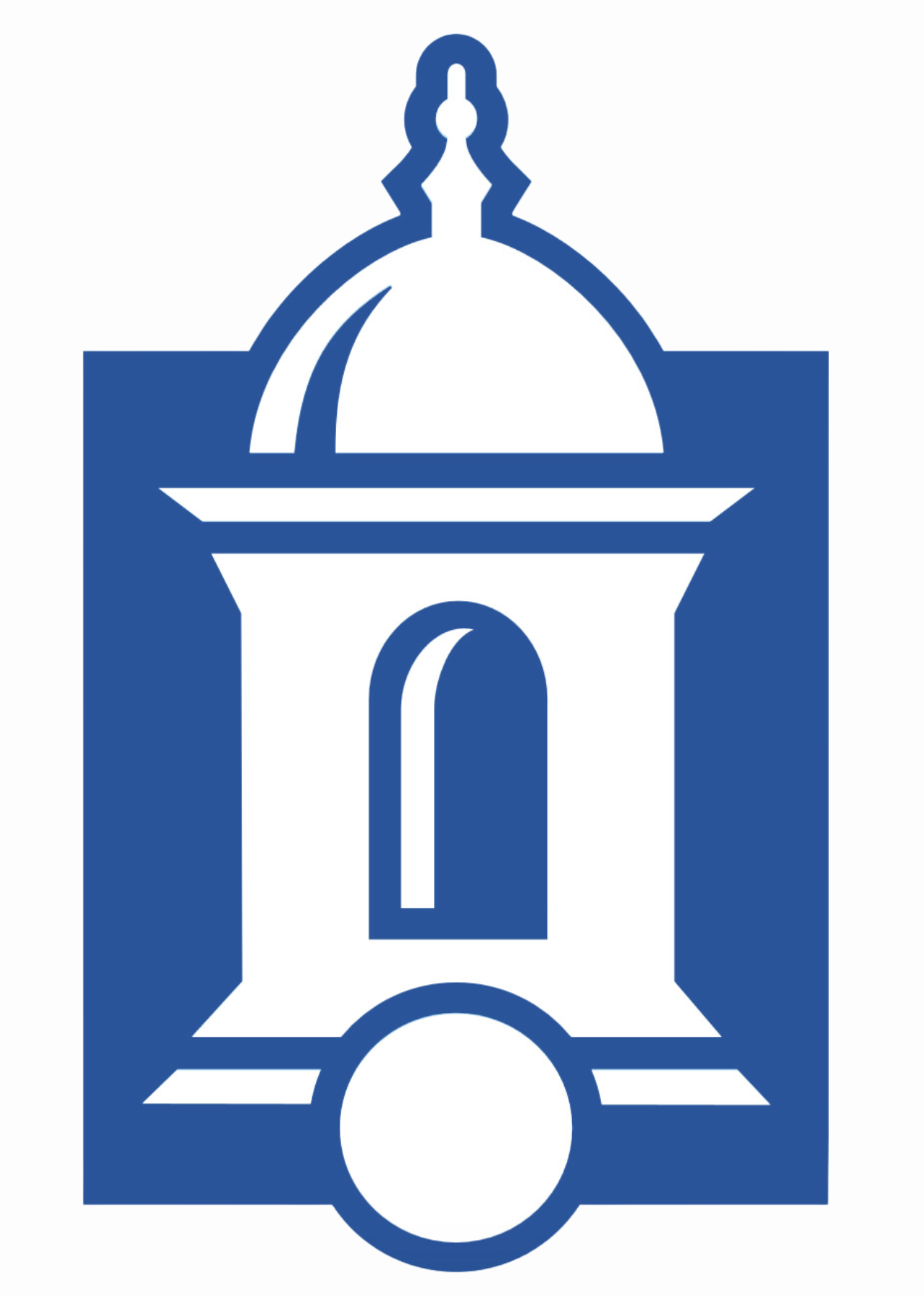
Central Connecticut State University
Intelligent Score: 85.98In-state: $6,162
Out-of-state: $18,436
In-state: $7,674
Out-of-state: $7,674
SAT: 970-1150
ACT: 19-25
Resident: $809
Non-Resident: $825
On-Campus, Online
Council for the Accreditation of Educator Preparation
30-36
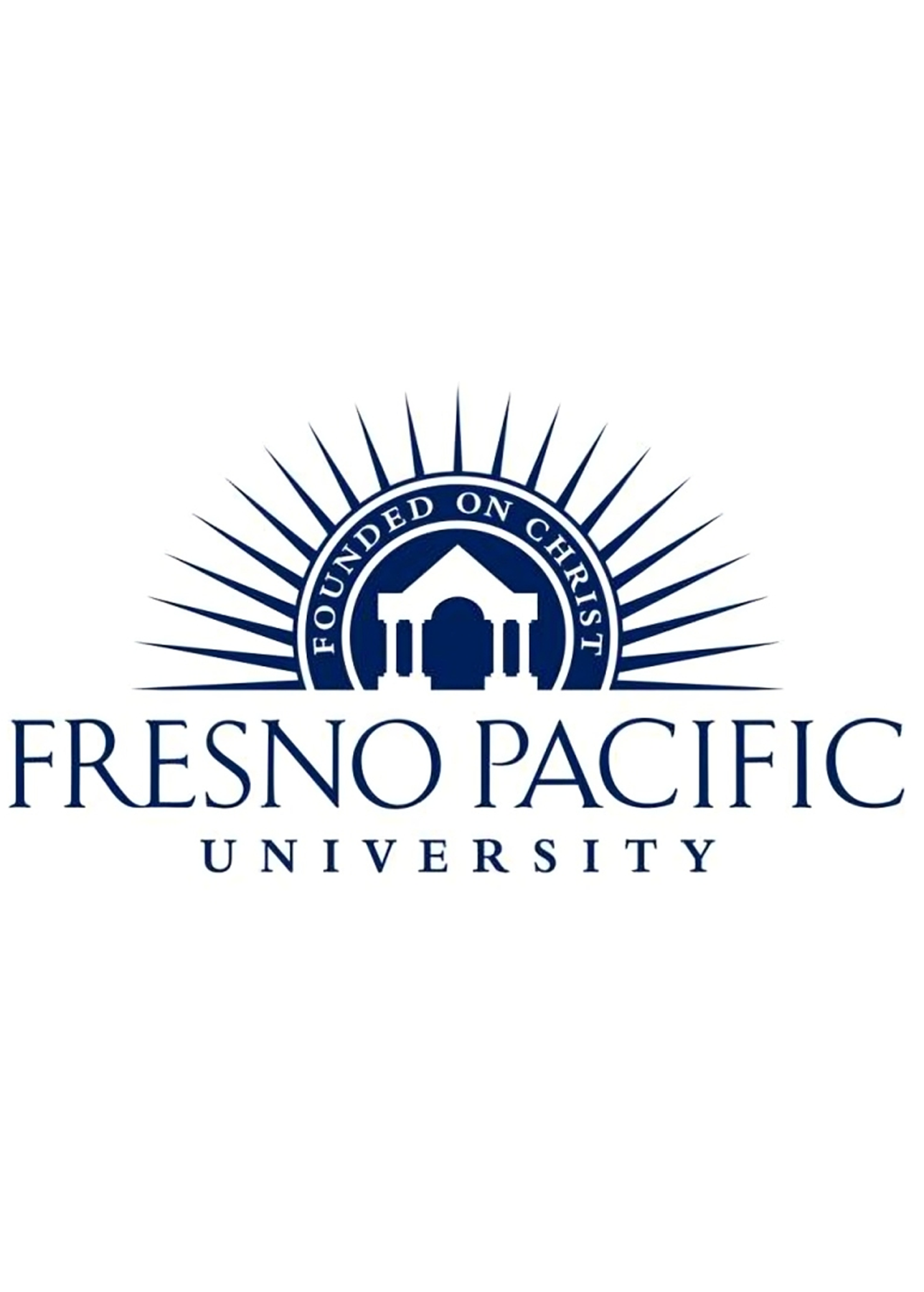
Fresno Pacific University
Intelligent Score: 85.24In-state: $32,954
Out-of-state: $32,954
In-state: $14,940
Out-of-state: $14,940
SAT: 930-1110
ACT: 16-22
$750
On-Campus
Western Association of Schools and Colleges Senior College and University Commission
32
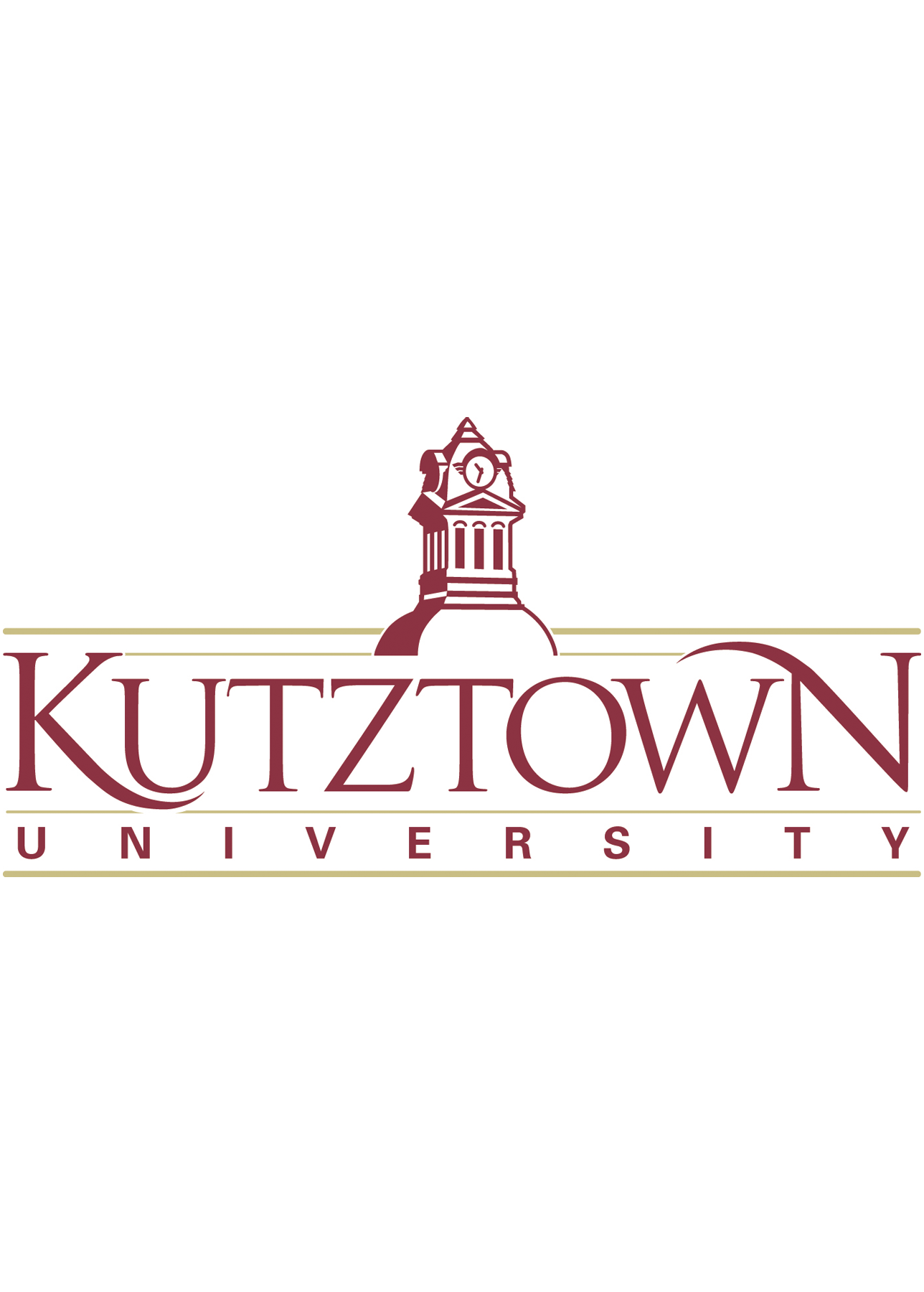
Kutztown University of Pennsylvania
Intelligent Score: 84.79In-state: $7,716
Out-of-state: $11,574
In-state: $9,288
Out-of-state: $9,288
SAT: 950-1120
ACT: 17-24
Resident: $516
Non-Resident: $774
Online, Hybrid
Council for the Accreditation of Educator Preparation
36
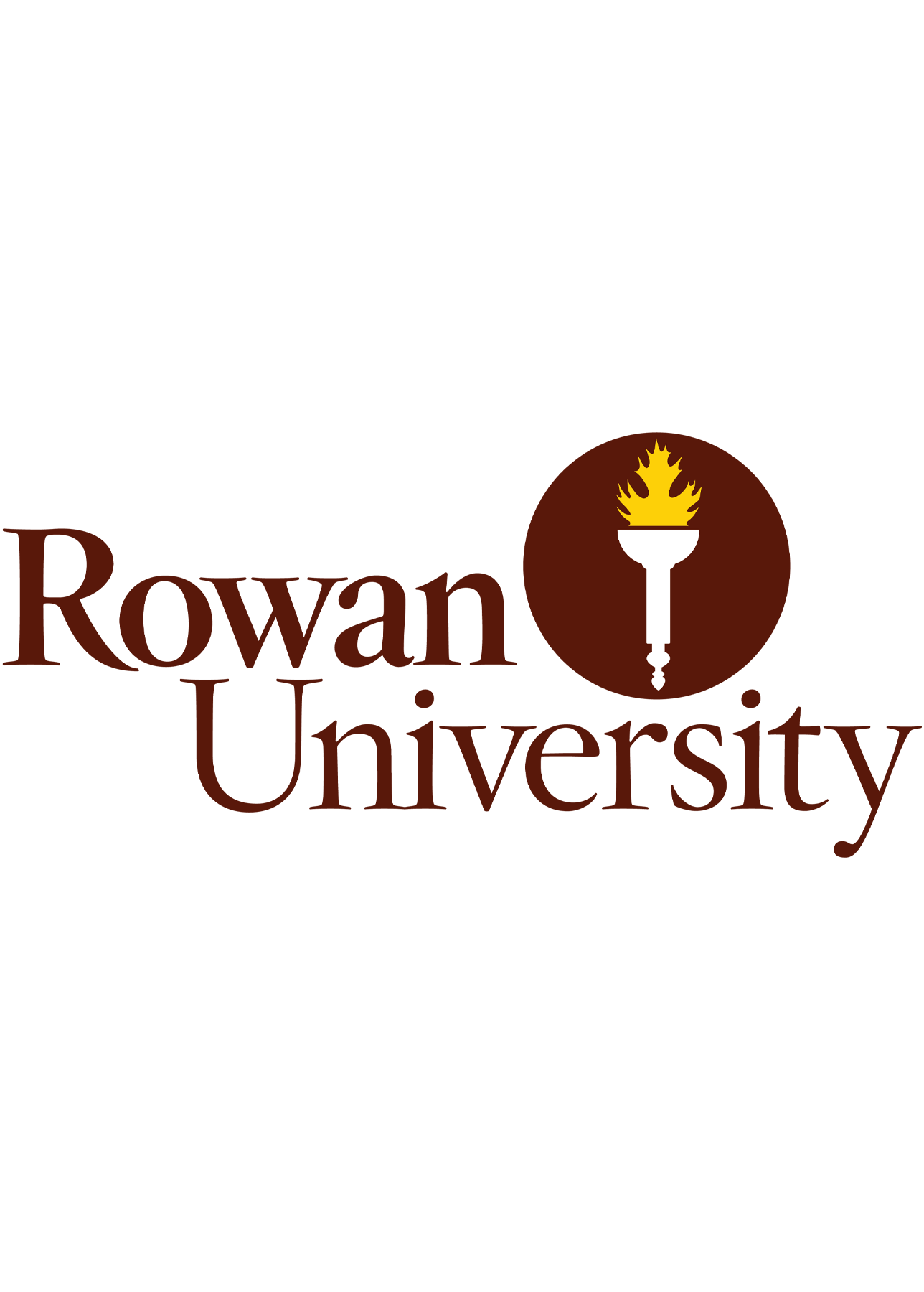
Rowan University
Intelligent Score: 83.47In-state: $9,573
Out-of-state: $18,605
In-state: $12,879
Out-of-state: $12,879
SAT: 1040-1250
ACT: 20-28
$827
Hybrid
Council for the Accreditation of Educator Preparation
34
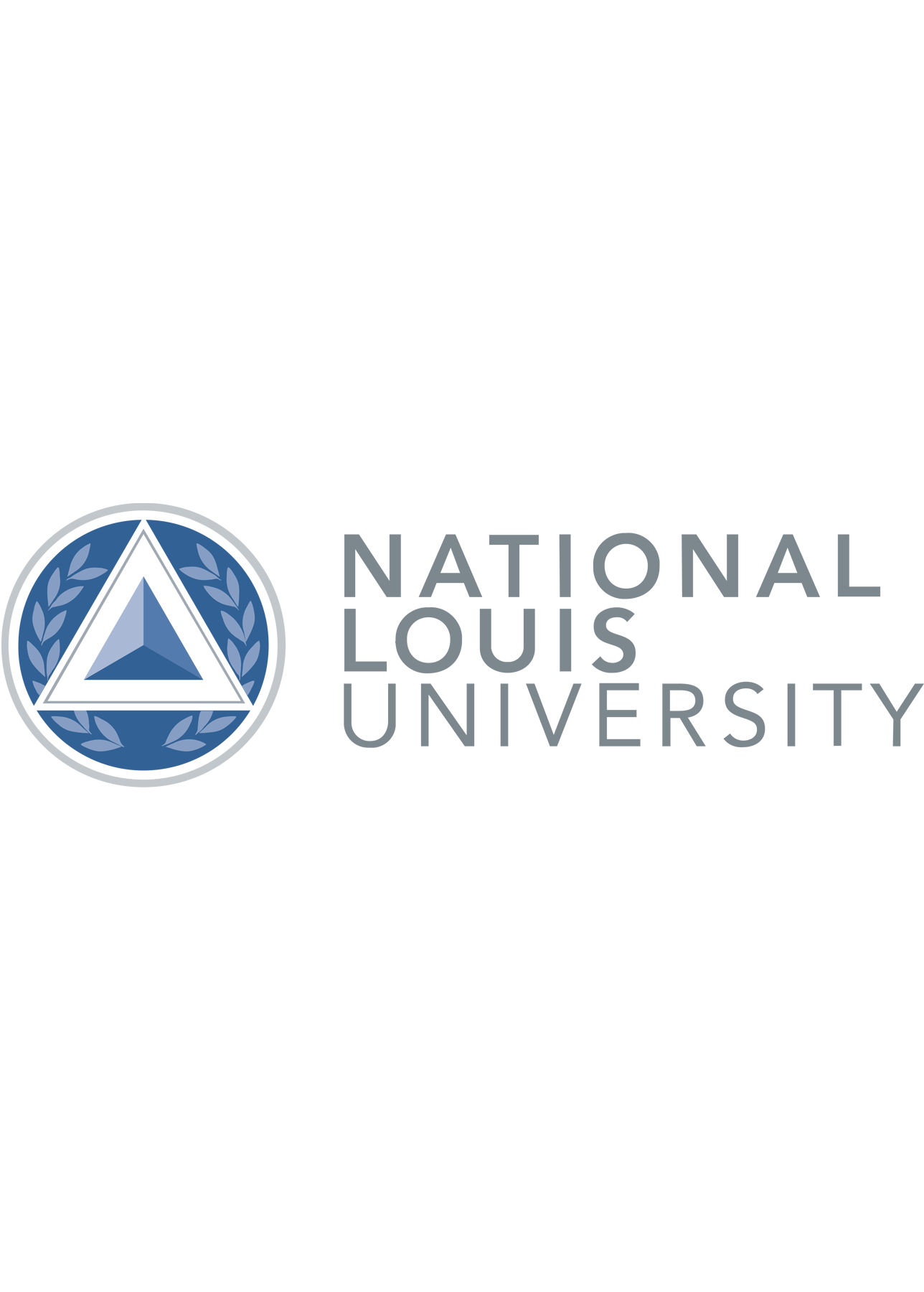
National Louis University
Intelligent Score: 83.39In-state: $13,419
Out-of-state: $13,419
In-state: $11,646
Out-of-state: $11,646
SAT: N/A
ACT: N/A
$700
On-Campus, Online
Council for the Accreditation of Educator Preparation
30-34

SUNY College at Geneseo
Intelligent Score: 82.82In-state: $7,070
Out-of-state: $16,980
In-state: $11,310
Out-of-state: $11,310
SAT: 860-1060
ACT: N/A
Resident: $471
Non-Resident: $980
On-Campus, Hybrid
Council for the Accreditation for Educator Preparation
36
How to Choose a Master’s in Reading and Literacy Degree Program
Choose your area of study
While reading and literacy is a rather specific graduate degree, you can specialize further within this niche. Some common concentrations include reading specialist, TESOL, early literacy, and literacy education.
The area of study that is right for you depends on your interests, background, and future goals. Some people seek a master’s degree to fill in knowledge and experience gaps on their resume, for example, while others are working toward a specific credential that will help them get a new job or achieve a promotion.
Research schools and programs
Create a checklist that covers your wants and needs to help vet your program options. Begin researching schools that offer a master’s in reading and literacy, considering how much of your checklist each covers. You may not find a program that checks every box, but options that check 90% or more of your list may be strong contenders.
Some factors that make for a good checklist include:
- Whether the tuition for the program falls within your expected budget
- Whether the school is accredited
- How competitive the program is
- When application deadlines are
- How fast you can complete the program
- Whether the program offers classes in the format you desire
- Where the program is located
- Whether the schedule will work with your existing obligations
- What type of final research paper or project is required for graduation
Prepare for tests and applications
Use your checklist and research to narrow your options to three or so programs. You may want to apply to all of your top choices, especially if you’re considering some competitive programs, to increase the chances that you get into one. Application requirements vary by program and may include testing requirements.
Check with the admissions office of schools to find out if they require GRE scores or other testing. You’ll need to schedule and prepare for those tests well in advance to ensure your scores are submitted on time.
You may also need to write an essay, create a video, or submit a resume. Many graduate programs also ask for letters of recommendation with applications. Plan to overshoot those requirements — if you need two letters, ask at least three people if they will write one. That way, if one letter falls through, you still have enough for your application.
Select your program
If you get accepted to more than one program, you can refer back to your checklist. Consider which program checks most of your boxes. Take time to make sure nothing has changed. For example, if you found out that your employer has a program that helps cover educational expenses at a certain school, that might change which program is best for you right now.
Determine how you’ll pay for your degree
Before you officially enroll, make sure you have a plan for covering the cost of your degree. You can complete the Free Application for Federal Student Aid (FAFSA) to find out if you qualify for federal grants or loans. It’s also a good idea to consider scholarships, employer education assistance plans, and work-study programs.
What Can You Expect From a Master’s in Reading and Literacy Degree Program?
Students attending a traditional master’s in reading and literacy degree program typically take two years to get their degrees. During that time, they participate in lecture-based classes, conduct research, write papers, and engage in hands-on learning via internships and field observation. If you are already a teacher, you may be able to use your existing classroom to gather data, implement projects, or meet classroom hour requirements.
During the program, you will learn about topics related to literacy and reading education, including assessment and intervention, reading and learning disabilities, teaching English as a second language, and classroom practices.
You should expect to work with other students on group projects, and you may need to spend one to two times the hours you spend in class on independent work and studying to help ensure success with your degree.
Potential courses you’ll take in a master’s in reading and literacy degree program
- Curriculum Standards. This course focuses on developing and implementing a reading and literacy curriculum. It also discusses best practices for creating engaging curricula.
- Student Assessment and Evaluation. You’ll learn how to evaluate student literacy and language skills and work to improve outcomes in the future. This course often includes practical assignments and hands-on projects.
- Classroom Management. Master’s degree students need to learn advanced classroom management techniques and how to adapt them to meet specific language learning needs.
- Cultural Context of Reading Instruction. Students in this course explore how to read to understand cultural context. This class also covers how to use these insights to help students succeed with reading or understanding literature.
- Reading Instruction Theory. In this course, you’ll work on understanding various approaches to reading instruction, including interactive, simple view, and whole language theories.
- Early Childhood Literacy. This class is geared toward those who plan to work at the elementary level and may include views on teaching phonics, early vocabulary, and reading fluency and endurance.
Master’s in Reading and Literacy Degree Program Frequently Asked Questions
How do I apply to a master's in reading and literacy degree program?
Follow the steps below to apply for a master’s in reading and literacy degree program once you choose a viable option:
- Connect with the admissions office and speak to an admissions counselor. Ask about the specific requirements for the program and any submission deadlines.
- Gather all the documents you need for a complete application package. This might include a complete application form, a resume, an essay, transcripts, or letters of recommendation.
- Register for any required tests, if applicable. Always build in extra time in case test results are delayed or you need to take the test again.
- Have someone read over your documents to check for minor typos and other errors. If your program of choice is competitive and there are many good candidates, decisions could come down to minor issues.
How much does a master's in reading and literacy degree cost?
While the national average for graduate degree programs hovered around $19,700 as of 2021, costs vary widely. Depending on the type of program you enter, where it’s located, and whether you’re getting the in-state resident rate, you could pay $8,000 to $30,000 or more.
The way to calculate how much a specific program might cost is to multiply the number of required credit hours by the cost per credit hour. For example, if you must take 12 classes of three credit hours each, you’ll need 36 credit hours to complete the degree program. If tuition is $500 per credit hour, that’s $18,000 — plus miscellaneous expenses, such as technology fees and books.
How long does it take to earn a master's in reading and literacy degree?
Many graduate degree programs are designed to take two years to complete if you take a full-time class load through the fall and spring semesters of both years. Full-time may be considered 9 to 12 credits for graduate students, but that does depend on the school.
Some programs are designed to be completed in a single year by students taking classes in the fall, spring, and summer — though not necessarily in that order. These tend to be accelerated programs, and they might have additional prerequisites that more traditional master’s degree programs don’t have.

